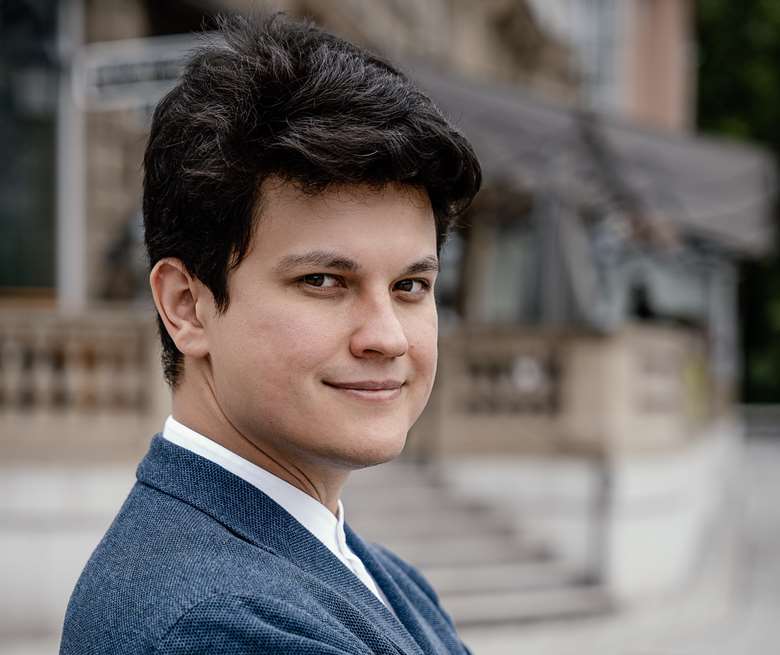A bright light shines in Strasbourg: Aziz Shokhakimov in interview
Colin Clarke
Thursday, May 4, 2023
The Strasbourg Philharmonic music director sits down with Colin Clarke to talk about the continuing development of his relationship with the orchestra following the extension of his contract, plus his close attention to detail and his plans for the orchestra's upcoming season


Register now to continue reading
Don’t miss out on our dedicated coverage of the classical music world. Register today to enjoy the following benefits:
- Unlimited access to news pages
- Free weekly email newsletter
- Free access to two subscriber-only articles per month
